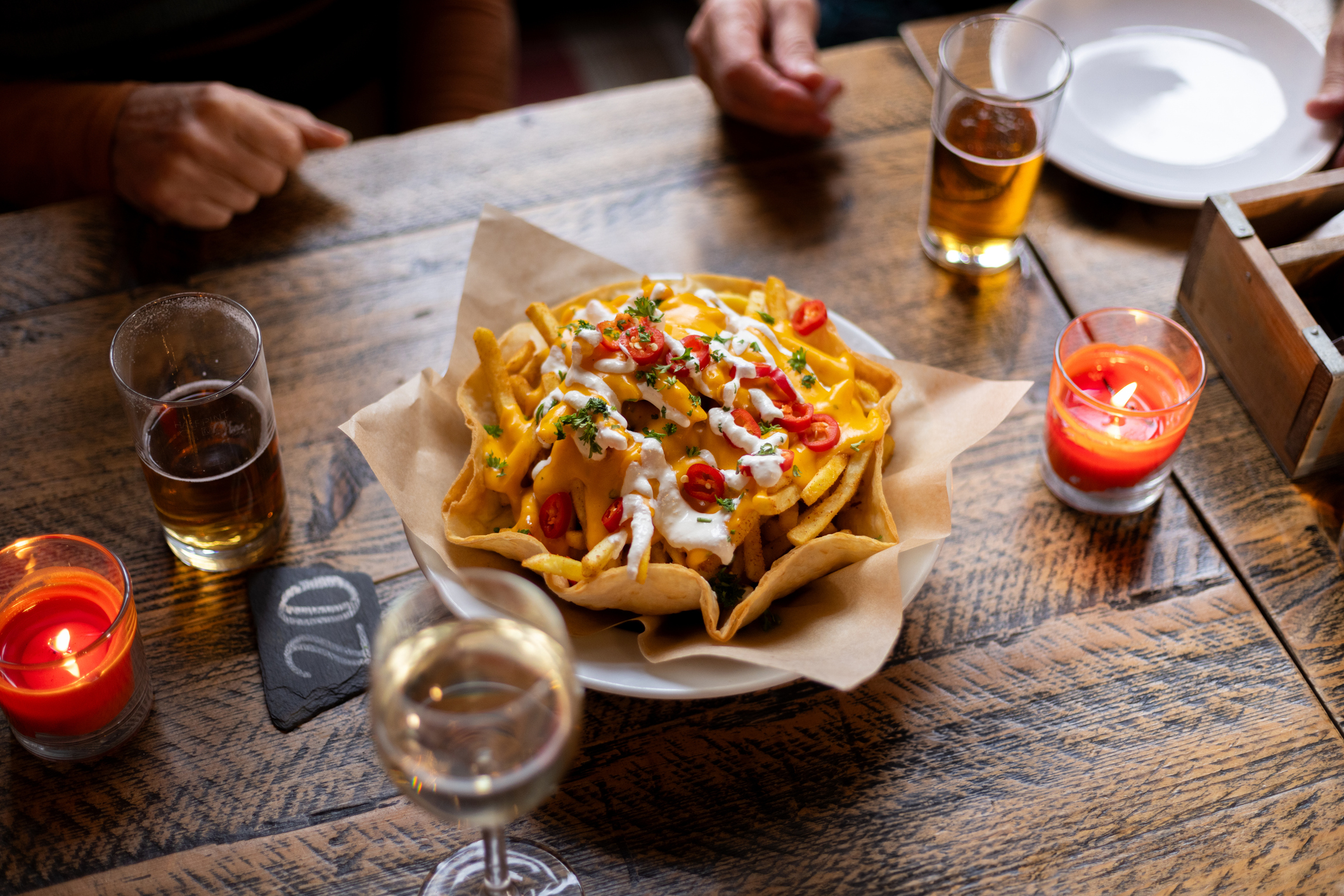Meals, Medicines, and Alcoholic Drinks
Eat and drink mindfully
Alcohol packs a bigger wallop when you are sleep-deprived. Limit alcohol consumption close to when you plan to retire. It’s a myth that alcohol at bedtime benefits sleep. The alcohol burns off in a few hours, triggering awakenings. You may get just a few hours of sleep, then wake up, and not be able to return to sleep.
Eat breakfast, lunch, and dinner at appropriate times relative to your waking day. Regular meal times are better for your waistline, as well as your sleep. They program your brain to expect sleep at a predictable time.
Caffeine has differing effects at different times of day. Read more about how to time your caffeine consumption to limit the impact it can have on your sleep.
Time Your Medications
If you take prescription medications, make sure a healthcare provider knows about your work schedule. Some medications may make you sleepy. Others, including those commonly prescribed for high blood pressure, colds, pain, and asthma, may interfere with sleep.
Read handouts that come with new medications. Ask your healthcare provider or pharmacist to suggest times to take medications that maximize their benefits, and minimize their adverse effects on sleep and safety. Also ask if you should avoid alcohol, or other drinks or foods, when taking your medications.
If you take non-prescription medications or supplements, tell healthcare providers about these, too. Like prescription medications, some may make you sleepy, or disrupt sleep. In particular, migraine medications are likely to contain caffeine.
Even products advertised as “natural,” may have harmful effects on your sleep, or interact negatively with your other medications.
 Railroaders' Guide to Healthy Sleep
Railroaders' Guide to Healthy Sleep
